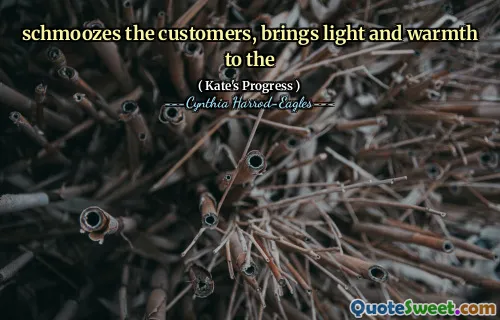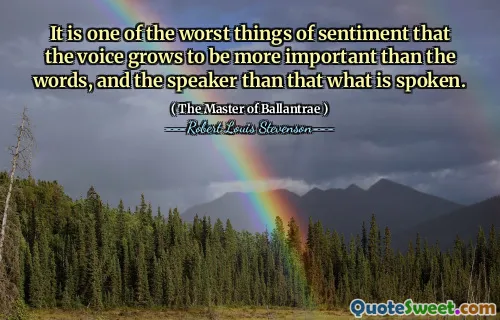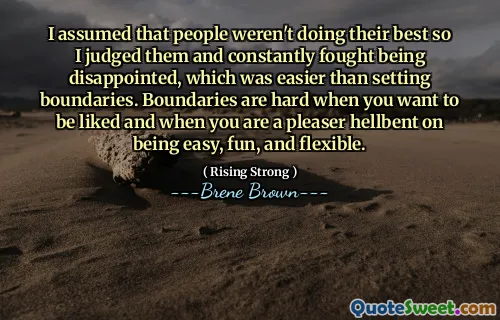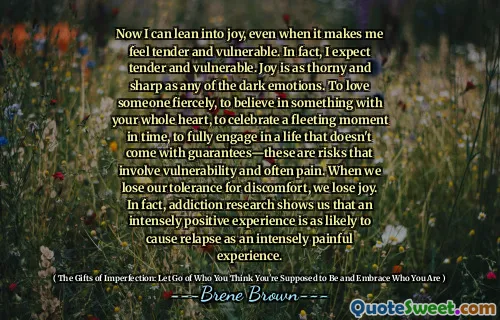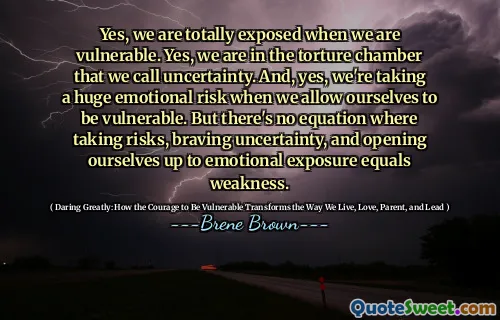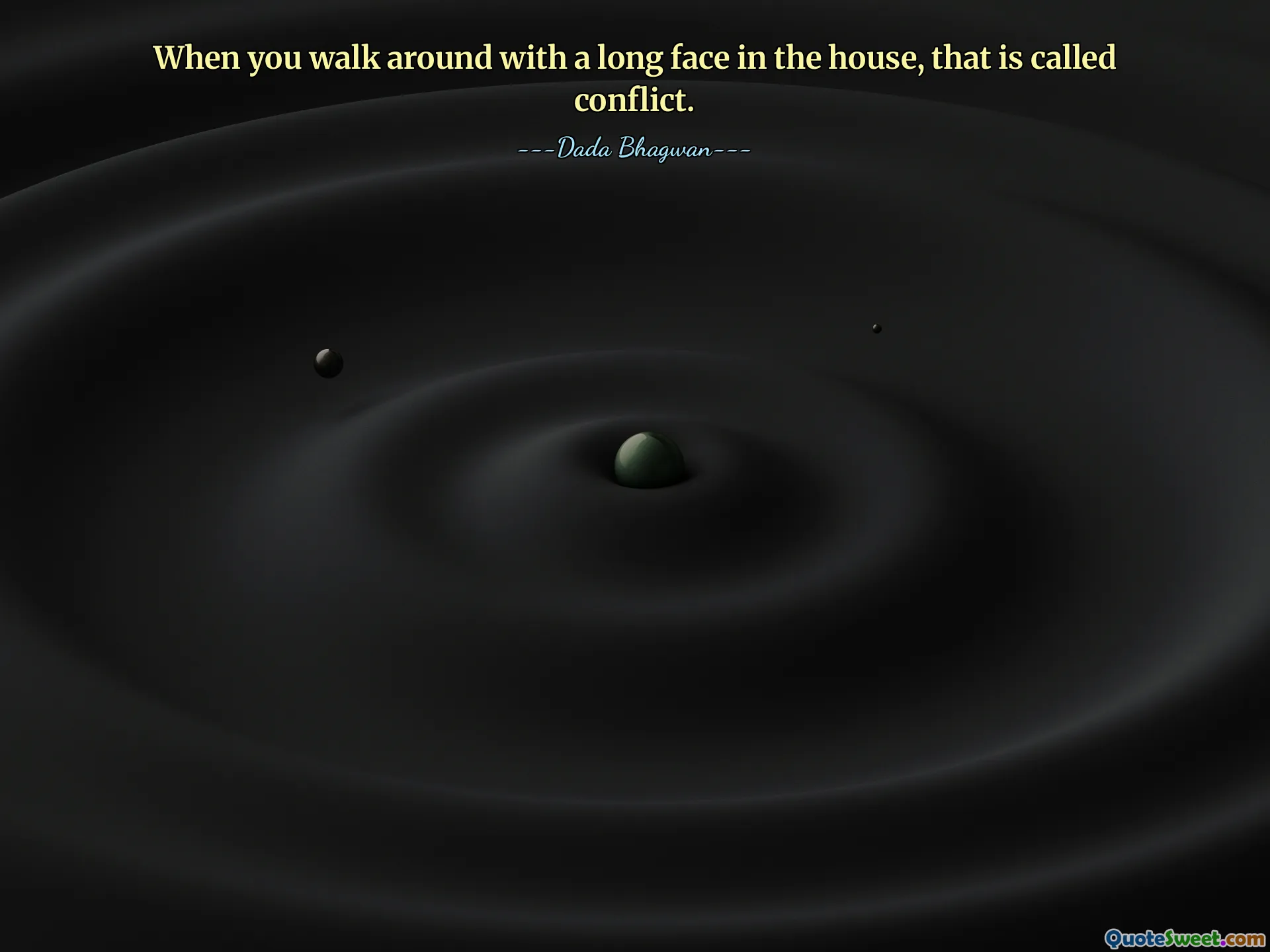
When you walk around with a long face in the house, that is called conflict.
This quote highlights the profound impact that our external demeanor and emotional states can have within a domestic setting. When a person carries a gloomy or tense expression—what is described here as walking around with a 'long face'—it doesn't merely reflect their internal feelings but can also create an environment of tension and misunderstanding among family members or those close to them. Such non-verbal cues often communicate displeasure, frustration, or sadness, and tend to influence the overall atmosphere of the household.
In many cultures and psychological studies, it is observed that emotional contagion occurs where one person's mood can influence the entire group. When someone displays visible unhappiness or conflict outwardly, others may feel unsettled or defensive, which, over time, escalates into ongoing discord — hence the term 'conflict.' The quote subtly suggests that maintaining a cheerful or neutral outward appearance might help resolve or prevent familial discord.
From a broader perspective, this quote also underscores the importance of self-awareness and emotional regulation. Recognizing how our expressions and emotions can ripple through our environment encourages us to cultivate inner peace and clarity. Instead of allowing internal struggles or negative feelings to manifest externally, we can practice mindfulness and empathy, fostering harmony instead of conflict. Ultimately, this simple yet profound observation prompts us to reflect on how our emotional states directly influence our relationships and environment, emphasizing that internal peace contributes significantly to external peace.







